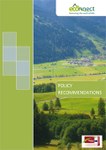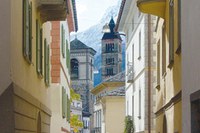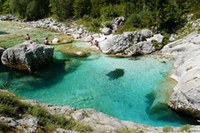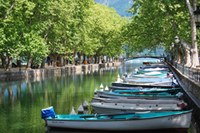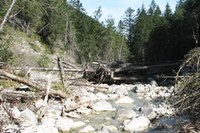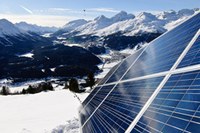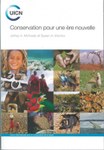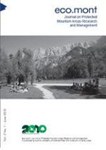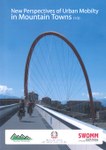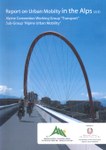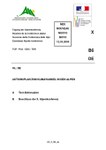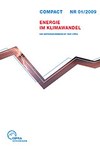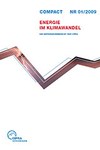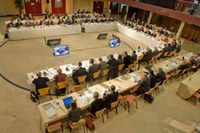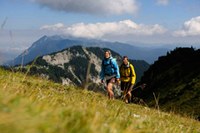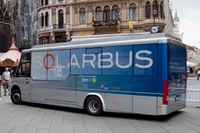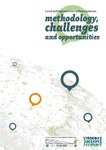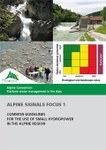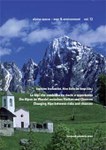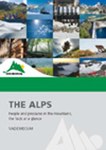Articles
The Alps are renewed in Poschiavo
On what sort of resources are the Alps building their future? Can climate change be an opportunity? What ought to be done to ensure that young people have prospects? The Alpine Week being held in the Swiss valley of Val Poschiavo from 5 to 8 September 2012 aims to discuss just how renewable the Alps actually are. Read More…
Soča valley soon under water?
The proposal was made by Slovenia's Ministry of Economic Affairs just before the summer break. Five hydroelectric power plants are to be built on the Soča river and its tributaries, the Ucja and Idrijca. Read More…
Annecy is the Alpine Town of the Year 2012
For years now the French town of Annecy has been pursuing a policy of sustainability. As a reward for its efforts the principal town of the Haute-Savoie département and its 53,000 inhabitants have been nominated as the Alpine Town of the Year 2012. Read More…
Green electricity for Liechtenstein
As of next year the electricity flowing out of Liechtenstein's power sockets will be sourced exclusively from renewable energies, but only in private households that do not insist on the previous mix of nuclear energy and fossil fuels. Read More…
Eight new nature parks in Switzerland
The first national park in the Alps was established in the Engadine in 1914. Since then there have been very few efforts in Switzerland to create other protected areas. Read More…
Make the Alps energy self-sufficient! CIPRA-demands - Energy self-sufficient regions
Not having to depend on energy imports: this vision holds great fascination for many regions. Self-sufficiency is "in." There are already many very positive approaches and examples of attempts to go down this road. At the heart of all the concepts is the idea of meeting demand through regional renewable sources of energy, saving energy and using energy more efficiently. Anyone who systematically takes this approach in an attempt to create an energy self-sufficient region changes the face of their region and its structures - to the benefit of their own economy, society and the environment. Read More…
cc.alps: CIPRA's demands for agriculture
The agricultural sector is directly affected by climate change impacts but it also contributes to the release of greenhouse gases (GHG) and rising concentrations of GHG in the atmosphere. A sustainable climate response strategy in the field of agriculture involves anticipating, planning and long-term thinking from farm level to transnational level. Prominent fields of activity are sustainable land and soil management, sustainable water management, managing manure and soil carbon as well as organic agriculture as an overall strategy. As agriculture is a highly subsidized economic sector, subvention policy can be used as a lever to guide the sector to sustainability and climate neutrality. Read More…
The Alpine Region as a macro-region?
The EU already has a macro-region strategy for the Danube Region and the Baltic Sea. So why not also for the Alpine Region? At the beginning of July, the Arge Alp Working Group advocated a resolution calling for a "macro-region for the Alps". Read More…
Climate plan for South Tyrol
The Province of Bolzano wants to become more energy efficient by 2050. Every inhabitant of the Province currently produces around five tonnes of carbon dioxide. The aim is to cut that figure to a mere 1.5 tonnes over the next forty years. Read More…
From road to rail - getting it to work
Crossing Exchange, emissions trading or a differentiated toll system for the Alps: these transport policy instruments could ensure that in future there are fewer HGVs trucking through the Alps - providing the instruments apply to the Alpine region as a whole. Read More…
First solar-powered bus now on the road
Since July Europe's first ever electric bus powered exclusively by solar energy has been operating in Perchtoldsdorf/A. The public transport bus seats up to 35 passengers. Read More…

